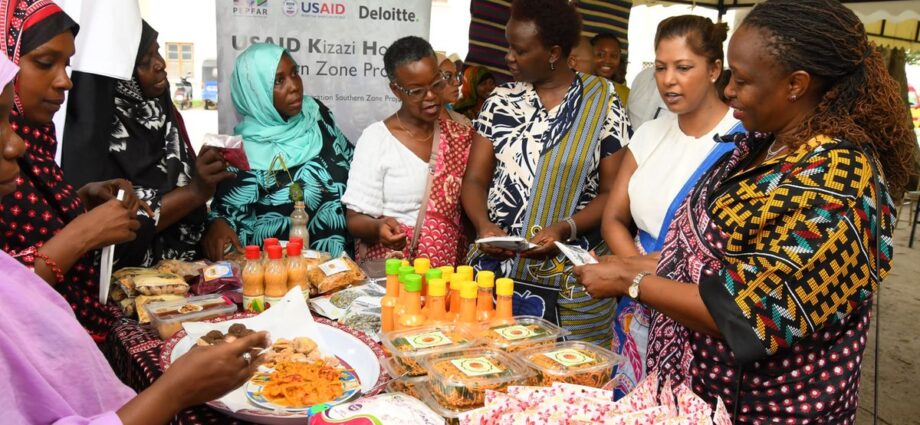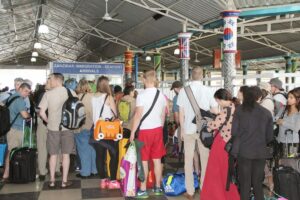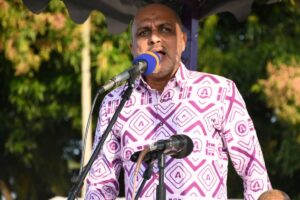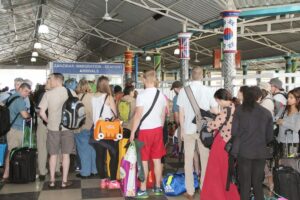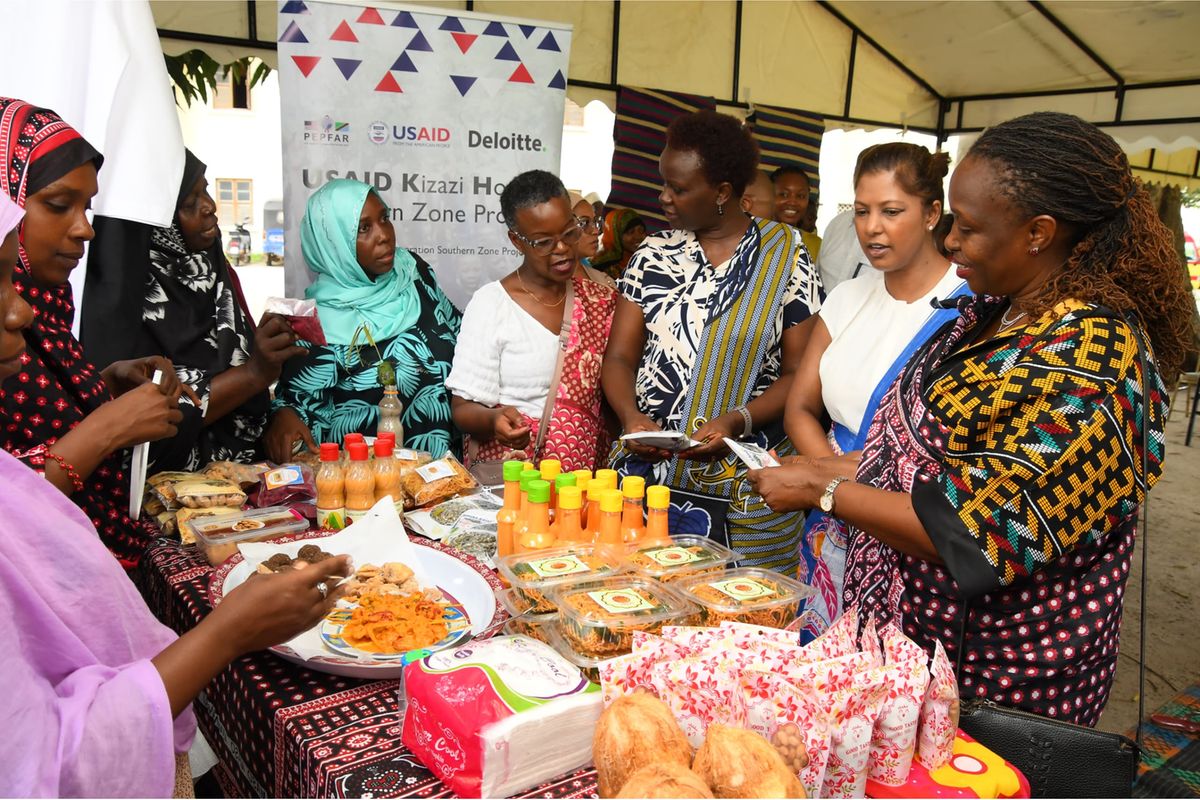
Unguja. The Zanzibar government has reaffirmed its commitment to supporting the USAID Kizazi Hodari Southern Zone Project, which focuses on improving the health, well-being, and protection of orphans and vulnerable children (OVC), youth and their caregivers in high HIV-burden communities across Zanzibar.
This commitment was reiterated by the Zanzibar Minister at the President’s Office, Regional Authority, Local Government and Special Departments (PORALG SD), Mr Massoud Ali Mohammed, during a meeting with the Chief Executive Officer of Deloitte Africa, Ruwayda Redfearn.
The meeting was part of Redfearn’s visit to Zanzibar to gain insights into how the project’s interventions are positively impacting the lives of its Recipients of Care (RoC).
The USAID Kizazi Hodari (Brave Generation) Southern Zone (KHSZ) Project is a five-year project (March 2022 – March 2027), funded by the American People through USAID and implemented by Deloitte Consulting Limited in collaboration with civil society organizations (CSOs).
Minister Massoud Ali Mohammed emphasized the Zanzibar government’s recognition of the project’s efforts in addressing the challenges faced by OVCs and youth.
“This project operates at the grassroots level, directly impacting its participants. We understand the challenges faced by children living with HIV, particularly those who have lost their parents. The Zanzibar government deeply appreciates these efforts, and we are committed to providing all the support necessary to ensure the success of your operations,” said the Minister.
In response, Deloitte Africa CEO Ruwayda Redfearn expressed her gratitude for the Zanzibar government’s continued support and collaboration.
“I’m very pleased with the level of support we’ve received while implementing this project. Working with various government ministries has ensured smooth operations. It is encouraging to see the Revolutionary Government of Zanzibar’s role in supporting the USAID KHSZ Project and its plans for sustaining these services in the future,” said Redfearn.
Deloitte East Africa CEO Anne Muraya also highlighted the core focus of the project, stating, “The USAID Kizazi Hodari (Brave Generation) Southern Zone project is child-focused and family-centered, aiming to improve health, safety, education, and stability for OVCs and youth aged 0-17 in high HIV-burden communities. Women play a crucial role in driving this change, contributing significantly to the global 95-95-95 targets aimed at achieving sustained antiretroviral therapy and viral suppression by 2030.”

